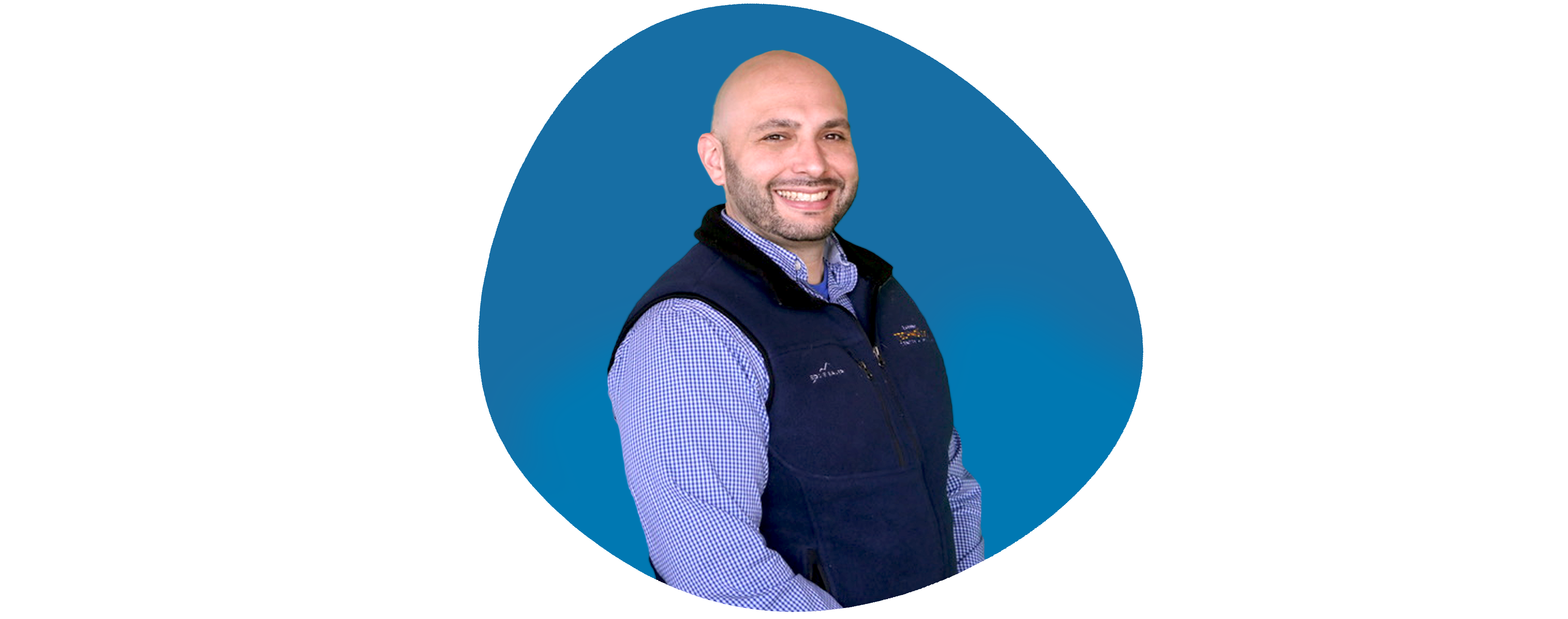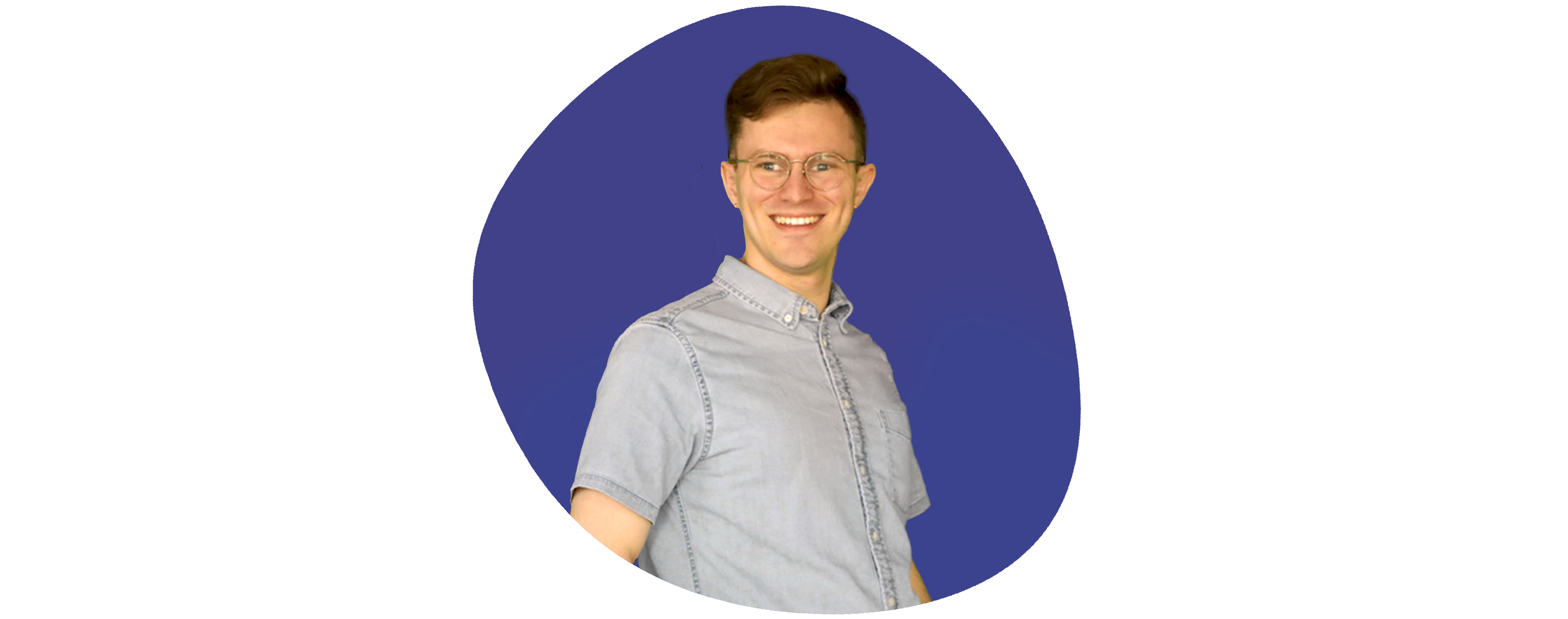New Resource: STEM Grants & Scholarships Collection
Need some extra funds to get your next STEM initiative off the ground? Your school is likely eligible for a grant or two. Check out our new STEM grant collection to see for yourself!


Right now, computing is one of the fastest growing and highest-paying professions in the United States. Supply for these technically-skilled jobs cannot keep up with demand, with over 23,000 CS-related positions in Illinois alone going unfilled in 2019. With an average salary of $84,000, today’s students have a real opportunity to succeed if they enter this field, but only if their teachers today can lay the right groundwork.
However, inexperience teaching CS skills and concepts remains a challenge for many Illinois K-12 teachers. Fortunately, Code.org provides a wide array of curricular resources for educators of all experience levels to choose from — including four full curricula geared toward elementary, middle, and high school students.
Using these curricula, new and seasoned CS teachers alike can provide age-appropriate CS learning experiences to their students. In turn, Code.org’s curricula can help Illinois districts meet new state-level CS learning mandates while preparing their students for a fruitful future in the computer science field.
CS Fundamentals lays the foundation for computer science learning with a blend of online and “un-plugged” non-computer activities. Students learn computational thinking and problem-solving skills as well as the basics of programming and digital citizenship.
This curriculum’s flexible framework also makes it ideal for a variety of elementary classroom implementations, including as part of a weekly lab, library activity, supplemental math/language lesson, or regular classroom schedule.
Using the groundwork laid in CS Fundamentals, CS Discoveries introduces middle and high school students to a variety of computer science concepts, including programming, physical computing, user-centered design, and problem-solving. Over the course of this curriculum, students use their bolstered CS skills to create unique projects using the online Web Lab, Game Lab, and App Lab. These labs give students the opportunity to learn web, game, and app development through a hands-on approach that deepens learning beyond rhetorical lessons.
CS Discoveries is also mapped to the Computer Science Teachers Association (CSTA) K-12 Standards, making it a great starting point for educators interested in using evidence-based curricular content. The CSTA K-12 Standards were also used as a blueprint for Illinois’ new Computer Science Standards, meaning this curriculum can be used to efficiently meet this new state-level teaching mandate.
As students move on to high school, they can explore deeper computer science applications with CS Principles. This rigorous, engaging, and approachable curriculum is designed for all students, regardless of whether they’ve participated in prior CS coursework. In it, students deepen their computational-thinking skills through inquiry-based activities, many of which help them understand the growing impact of computing tools in our society.
Like CS Discoveries, CS Principles is aligned to the CSTA K-12 Standards. Whatsmore, this curriculum is also aligned to the AP Curriculum Framework. As a result, students who participate in this College Board-endorsed curriculum will be well-prepared to take the AP CS Principles assessment.
Computer Science A (CSA) is a brand-new curriculum from Code.org that introduces experienced high school students to the skills they’ll need to excel in college and careers. Over the course of this curriculum, students learn the essentials of software engineering and object-oriented design while also working with industry-standard programming languages like Java.
Currently, CSA is recommended for students who have completed CS Principles or CS Discoveries and are interested in learning more real-world applications for their CS skills. CSA participants will also be able to earn college credit by taking the AP Computer Science A exam, with which the CSA curriculum is aligned.
Many teachers have never written a line of code, much less taught computer science to others. Code.org has recognized this experience gap and made it easier to grow your CS teaching capacity in the near-term. In particular, Code.org offers its annual Summer Professional Learning Program to help students grow their CS teaching proficiency and discover the best methods for integrating their several CS curricula.
As a Code.org Regional Partner, the LTC has the pleasure of hosting a full slate of CS professional learning cohorts during summer 2022. Illinois educators can participate in these cohorts for little-to-no cost and walk away with the skills, knowledge, and confidence needed to make high-quality CS learning a mainstay in their classroom.
Here are the Code.org-sponsored CS workshops and cohorts currently scheduled for this coming summer:
Code.org offers two CS Fundamentals professional learning opportunities that vary depending on teacher’s needs.
First, a one-day, introductory workshop designed to help elementary educators explore the CS Fundamentals curriculum. During the workshop, participants get a hands-on introduction to computer science pedagogy and an overview of best practices for integrating the CS Fundamentals curriculum.
After that, teachers can move on and take part in the Deep Dive workshop, which is geared toward teachers who have already started teaching CS Fundamentals but are looking for a deeper understanding of implementation strategies. Best of all, both workshops are available to Illinois attendees free of charge.
Learn more about upcoming CS Fundamentals workshops on our Code.Org Professional Learning Hub page.
For both CS Discoveries and CS Principles, teachers have the opportunity to join a cohort of peers and participate in a year-long professional learning experience.
The program kicks off with a five-day summer workshop that prepares teachers to implement the Code.org curriculum in their classrooms. Afterward, teachers participate in quarterly workshops throughout the following year to ensure they have the support and guidance needed to fully implement their new curricular resources.
UPDATE March 22, 2022: This year’s CS Discoveries and CS Principles workshop locations have been announced!
CS Discoveries will take place July 25-29, 2022, at the Courtyard by Marriott Chicago Arlington Heights/South in Arlington Heights, IL. Learn more and register through Code.org’s professional learning portal.
CS Principles will take place August 1-5, 2022, at the Parke Regency Hotel and Conference Center in Bloomington, IL. Learn more and register through Code.org’s professional learning portal.
To support the rollout of the new CSA curriculum, Code.org is offering a new type of summer program to interested educators. This program starts with the same five-day summer cohort as previous programs and continues with year-long implementation support on a quarterly basis. Then, participants are invited back the following summer for a two-day workshop designed to help curriculum users assess their progress and make plans for even deeper levels of curricular integration.
The inaugural CSA cohort will take place this summer in Bloomington, IL, from June 13-17. To learn more and apply, visit Code.org’s professional learning portal.
This is an exciting time as Illinois K-12 schools move towards providing all students with opportunities to learn computer science. It is, however, a process and the LTC is here to support you as you grow your personal CS teaching capacity.
Be sure to check out our growing collection of free CS resources to help your classroom take the next step toward fully harnessing this future-ready content area:



Brian leads and develops events, programs, and resources in support of digital learning, digital citizenship, emerging technologies, technology integration, and computer science.



Sam leads and supports the execution and growth of LTC services through the development and creation of innovative, impactful, and timely digital content.